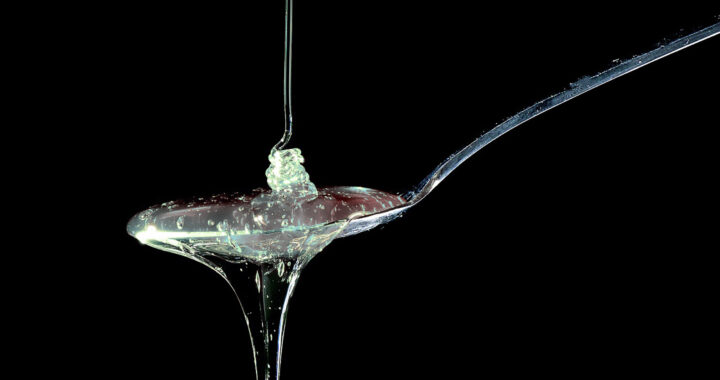Researchers M. A. Anjum and colleagues discovered a promising therapeutic approach for treating androgenic alopecia or hereditary-patterned baldness that involves the topical application of a sugar gel made from deoxyribose. The research is still in the pre-clinical phase but there is hope for replicating the same results in humans suffering from hair loss due to genetic and hormonal factors. Their findings were published in June 2024 in the journal Frontiers in Pharmacology.
Sweet Solution: Sugar Gel Made From Deoxyribose Shows Promise in Treating Hair Loss Due to Androgenic Alopecia
Background
Androgenic alopecia is one of the most common causes of hair loss. It affects men and women worldwide. Studies have noted that the condition is driven by androgens or sex hormones. For example, in men, who are commonly affected, excessive levels of dihydrotestosterone or DHT are linked to the miniaturization of hair follicles and shortened hair growth cycle.
Findings from a 2021 study by researchers Dikici et al. demonstrated that 2-deoxy-D-Ribose or deoxyribose promotes angiogenesis or the formation of new blood vessels. This makes it suitable for use in treating wounds. Note that deoxyribose is a naturally occurring monosaccharide or simple sugar. It is one of the main components of deoxyribonucleic acid or DNA.
A team of researchers from COMSATS University Islamabad in Pakistan and University of Central Lancashire and the University of Sheffield in the United Kingdom wanted to build on the aforesaid findings and pursued to investigate how the topical application of deoxyribose promotes wound healing in mice. Their investigation revealed a different but related observation.
Findings
M. A. Anjum et al. specifically observed that the sugar gel treatment stimulated faster fur regrowth around the lesions in mice. This intrigued them. They investigated further by taking male mice with induced testosterone-driven hair loss and shaven fur on their backs. The subjects were then smeared with a small dose of deoxyribose sugar gel on the exposed skin each day.
The entire observation involved three groups. The first was the negative group which included mice that did not receive treatment. The second group was treated with minoxidil. Note that minoxidil is a popular hair loss drug. This was the positive group. The third was the experimental group treated with either deoxyribose or a combination of deoxyribose and minoxidil.
Duration lasted for 20 days. Results showed that deoxyribose treatment alone was 80 percent to 90 percent as effective as minoxidil in stimulating hair growth. A combination of deoxyribose and minoxidil provided no additional benefits. A histological analysis of skin samples from the experimental group revealed significant improvements in hair follicle metrics.
The experimental group of mice specifically treated with deoxyribose sugar gel had increased follicle length, diameter, and density. They also demonstrated a higher anagen-to-telogen ratio. This is an indicator of active hair growth. The hair bulbs were also larger and more melanized. The researchers also observed that the treated areas had greater blood vessel density.
Implications
The topical application of a sugar gel made from deoxyribose showed strong promise for treating androgenic alopecia. M. A. Anjum et al. noted that this could also be used in treating other types of alopecia like chemotherapy-induced hair loss. The sugar gel can be a viable alternative or a complement to existing hair loss therapies like topical minoxidil or oral finasteride.
Note that the exact biological pathways through which deoxyribose stimulates and accelerates hair regrowth remain to be determined. What is clear is that it appears to boost blood supply or blood flow and skin cell production around hair follicles. Further studies are needed. Specific studies are needed to confirm its safety and effectiveness in male and female humans.
FURTHER READINGS AND REFERENCES
- Anjum, M. A., Zulfiqar, S., Chaudhary, A. A., Rehman, I. U., Bullock, A. J., Yar, M., and MacNeil, S. 2024. “Stimulation of Hair Regrowth in an Animal Model of Androgenic Alopecia using 2-deoxy-D-ribose. Frontiers in Pharmacology. 15. Frontiers Media SA. DOI: 3389/fphar.2024.1370833
- Dikici, S., Yar, M., Bullock, A. J., Shepherd, J., Roman, S., and MacNeil, S. 2021. “Developing Wound Dressings Using 2-deoxy-D-Ribose to Induce Angiogenesis as a Backdoor Route for Stimulating the Production of Vascular Endothelial Growth Factor.” International Journal of Molecular Sciences. 22(21): 11437. MDPI AG. DOI: 3390/ijms222111437





